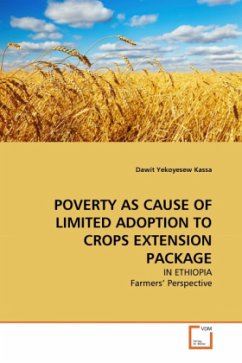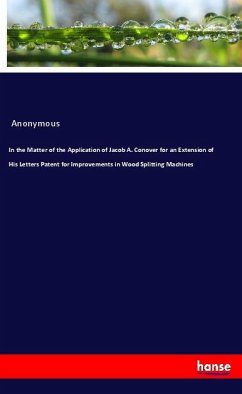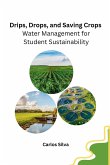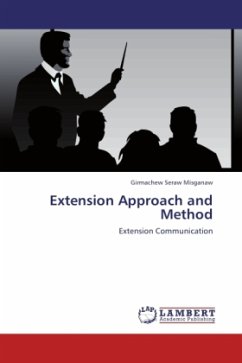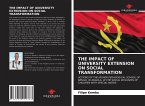The policy that aims at achieving poverty reduction should consider local-level situation of poverty across sub-social groups in rural areas. Researches dealing with adoption of agricultural technologies focus on the effect of demographic, socio-economic, agro-ecological and institutional factors which limit many farm households from taking advantage of crops technology package in Ethiopia. Understanding the geographical and social contexts in which poverty occurs to identify factors in a give society that influences farmers' decisions to adopt improved technologies is indispensable. To this effect, the subjective judgments of farmers about what constitutes well-being in their own communities has to be given due attention to classify households into worse-off/poor, medium and better-off/rich. Conceptualizing poverty to explore factors responsible for farmers' use and non-use of improved agricultural technologies is therefore crucial to make extension service accessible to different social groups and to develop extension package program based on the local realities of the farm household.
Bitte wählen Sie Ihr Anliegen aus.
Rechnungen
Retourenschein anfordern
Bestellstatus
Storno

